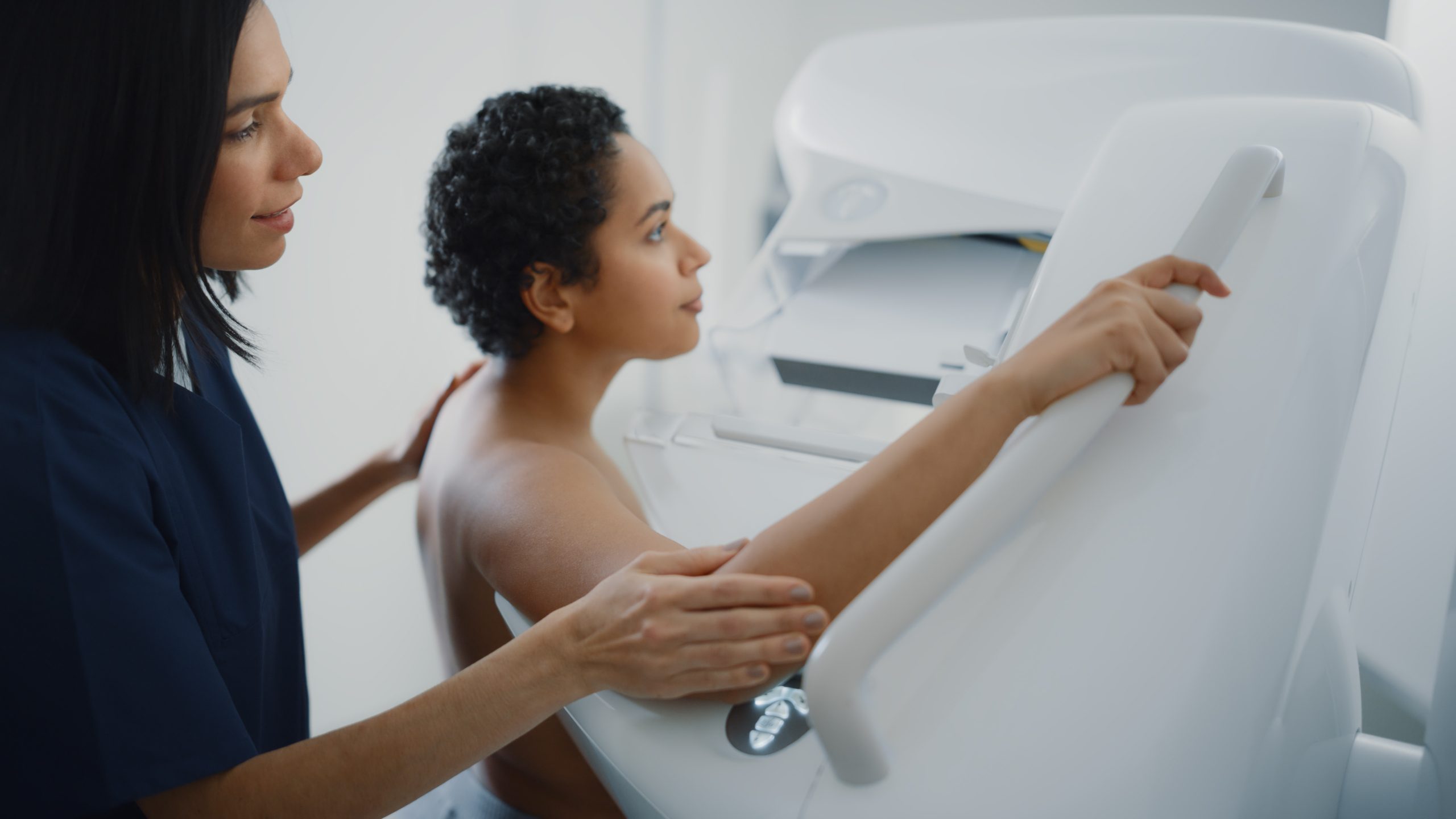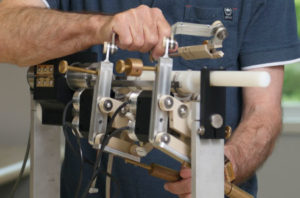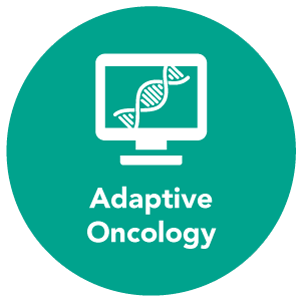Dr. Martin Yaffe talks about the evidence for starting regular mammograms at age 40 instead of 50.
Thousands more Ontarians can now access publicly funded mammograms, and experts say the move will save many lives across the province.
The Ontario Government recently announced it is lowering the minimum age for its regular breast screening program from 50 to 40. The change will take effect in fall 2024, when the province expects to begin performing an additional 130,000 mammograms every year.
Dr. Martin Yaffe has been one of the leading voices calling for an expansion to the screening program. As Co-Director of OICR’s Imaging Program and an expert in breast imaging technologies, Yaffe has contributed to mounting evidence that screening women in their 40s will help catch breast cancer earlier and treat it more effectively.
“I’ve been waiting for this news for a long time, and I’m really happy Ontario has made the decision to expand the program,” says Yaffe, who is also Senior Scientist at Sunnybrook Research Institute and a Professor in the University of Toronto’s Departments of Medical Biophysics and Medical Imaging.
In the wake of the government announcement, Yaffe gave a series of interviews to news outlets like The Globe and Mail and The Canadian Press. He also spoke to OICR News about the work leading up to the announcement and what the policy change means for Ontarians.
Why is it so important to get regular mammograms starting at age 40?
Breast cancer is a major killer. It affects about one in eight women and as many as three per cent of all women will die of breast cancer. And it’s a disease that starts becoming important as women reach the age of 40. About 17 per cent of breast cancer deaths are from cancers that are detected when women are in their forties, and without screening it is often found when it is already at an advanced stage.
What sort of research have you done into this issue?
Over the past decade or so, my colleagues and I have been doing increasingly advanced computer modelling to understand the number of women who might develop breast cancer in their lifetime and ultimately die from breast cancer, and how that could be impacted by regular screening. The computer model that we now use was developed by The Canadian Partnership Against Cancer and Statistics Canada and calibrated using real-life clinical data. With one model, we showed that if you started screening women annually at age 40 until age 74, you could reduce the number of breast cancer deaths by as much as 50 per cent compared to not screening.
How else can breast screening in Ontario be improved?
Right now, Ontario is recommending screening every two years for all women over the age of 40. I would like to see the program be annual, at least for women before menopause, whose cancers tend to grow faster and be more aggressive.
We also need to make sure we are addressing the needs of women with dense breasts. My colleague Dr. Norman Boyd and I discovered that women with a lot of dense, fibrous glandular tissue in their breasts have a higher risk of developing breast cancer. Their cancer can also be missed in a standard mammogram. So, they would benefit considerably from supplemental screening with ultrasound for example.
These women should be informed about having dense breasts when they get a mammogram so they know if they should consider getting supplemental screening. Ontario has made some positive steps in this area, and I expect more formal progress to be coming soon.
What is your message for women in their 40s who now have access to publicly funded screening?
I want them to know that we have a strong, organized program in Ontario that gives them the choice to get free mammograms starting at age 40. Screening can help them reduce their chances of dying from cancer by finding the disease earlier when it’s easiest to treat. Early detection also means their treatment could be less aggressive and have a much lesser adverse impact on their quality of life. And although the new Ontario program doesn’t roll out until next fall, if they want to get screened before that they can ask their family doctor for a requisition.




